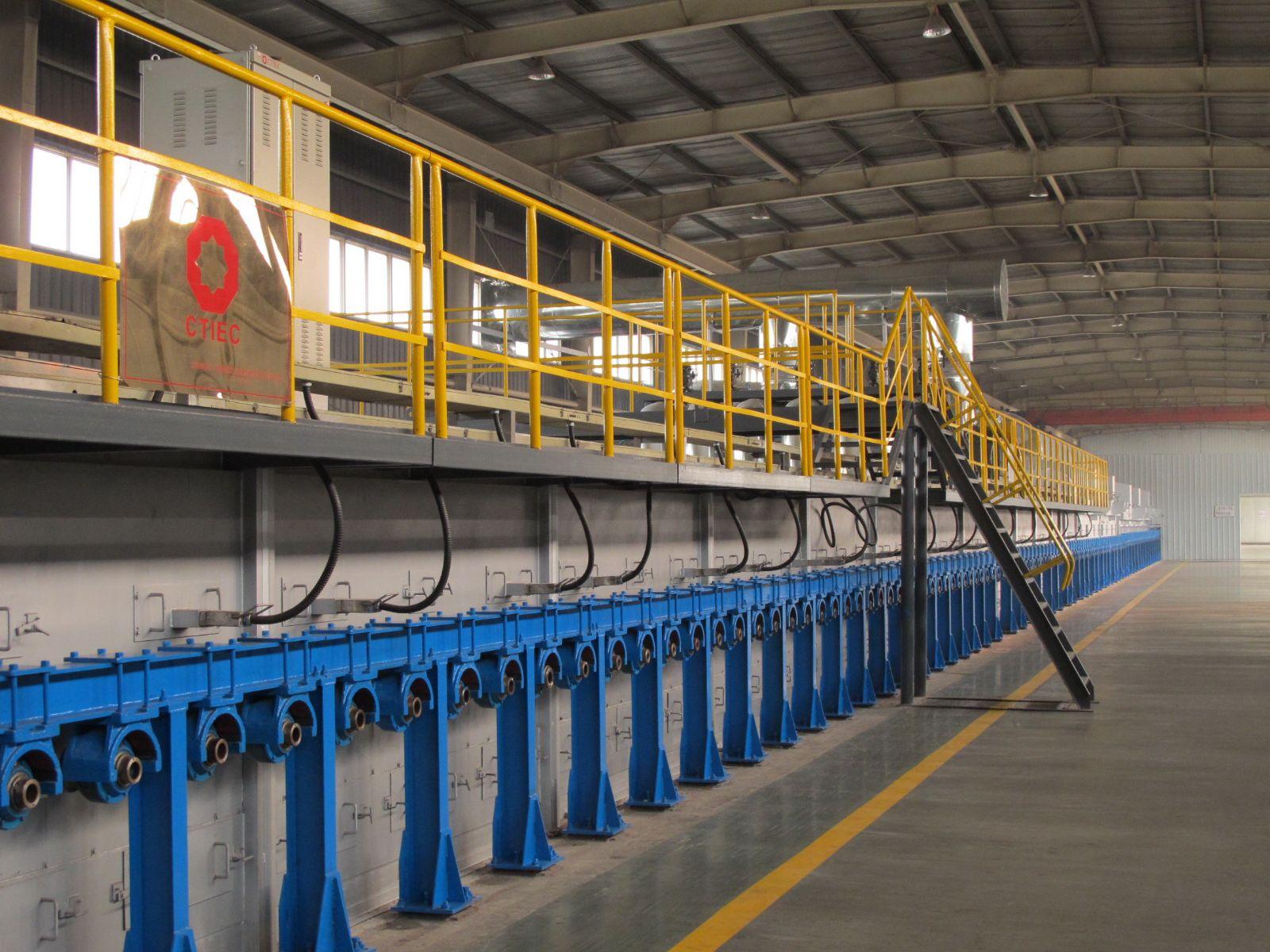
Source: CTIEC 02-20-2011 0:00:00
On February 18, China s first oxy-fuel-fired float glass line went into production, which was modified by Bengbu Design & Research Institute for Glass Industry (BDRIGI) based on the original 500t/d float glass line of Huaguang. After a week s operation, the line s output has approached the designed output of 600t/d, been up to advanced international standards in such aspects as technology, scale, energy consumption and quality, broken foreign monopoly and created a new situation in the upgrading of China s glass industry, and is of epoch-making significance to the accomplishment of energy conservation and emission reduction and the sustainable development of the glass industry.
Through the technical renovation, the line will achieve an annual output of 3.37 million weight cases of quality float glass and super-white glass to satisfy the demands of industries such as automobile, PV, electronic display and architecture for quality float glass, and will provide quality substrates for the industries of electronic information and solar PV.
Also, it will increase the annual sales and profit by RMB 180 million and RMB 66.37 million respectively; will reduce energy consumption by over 22% and save 17,681 tons of standard coal a year; and will enormously reduce pollutant emission, including exhaust emission by over 60%, nitric oxide emission by 80% to 90%, and smoke and dust emission by over 50%.
The auxiliary cogeneration project will supply 12.26 million kilowatt-hours of electricity a year.
The technology of oxy-fuel combustion in glass furnaces has a good prospect for application. By the tremendous R & D and engineering strength of BDRIGI, the technology will save 3.4 million tons of standard coal a year if being applied to over 80% of the existing float glass lines in the country, thus putting an end to the history of high pollution and energy consumption of the glass industry and producing remarkable economic and social benefits.
Related News
Photos
More>>trade
market
- The Schaeffler Group and Henan University of Science and Technology (HUST) begin
- Hailin Bearing Company Donations For The Disaster Zhouqu
- President Hu stresses economic restructuring, agricultural production while
- CBIA Director-general Liu Enshi Visited Xiangyang Automobile Bearing Co.,Ltd
- NTN Signs an Alliance Memorandum in the Bearing Business with Luoyang LYC
finance
- Wafangdian JinFeng Took Part In Shanghai Bearing and Equipment Exhibition
- Director of Bangladesh Ministry of Transport Visited Xiangyang Bearing Company
- Shanghai Rabbit Participated in the 12th China International Bearing & Equipment
- Chairman of China Machinery Industry Federation visited the Longxi Corporation
- Germany Customers Visited Xiangyang Automobile Bearing Co., Ltd





